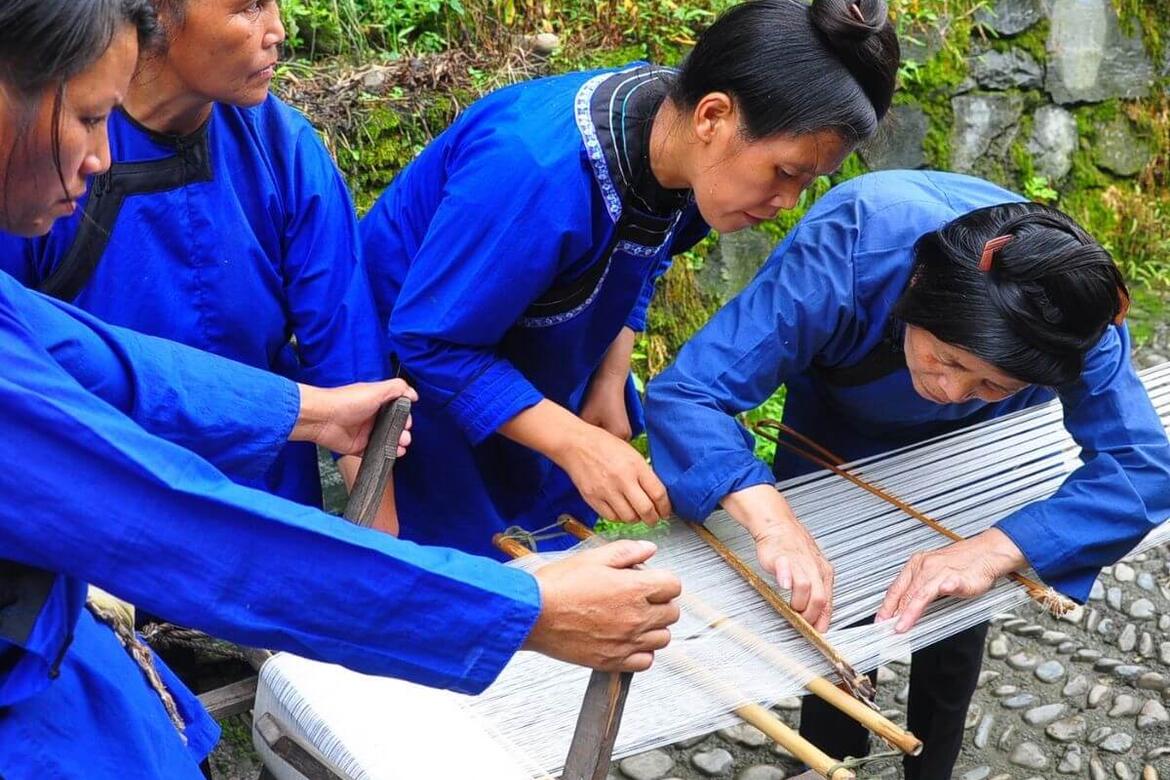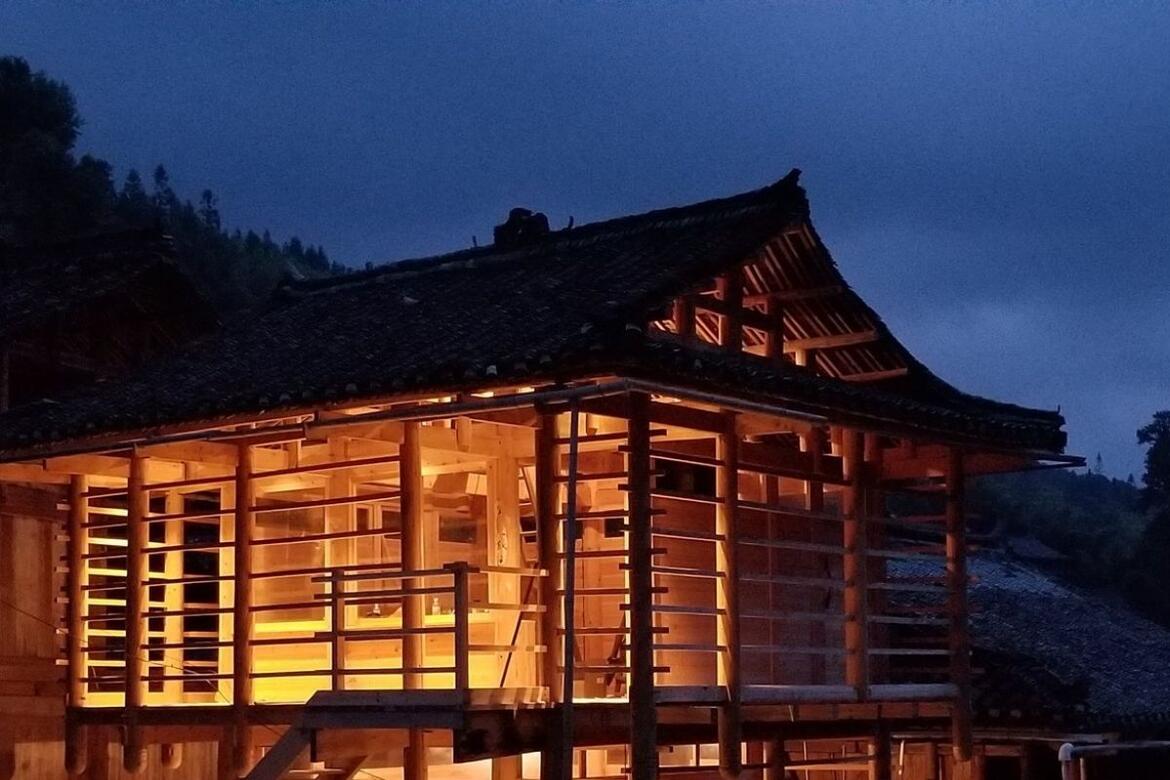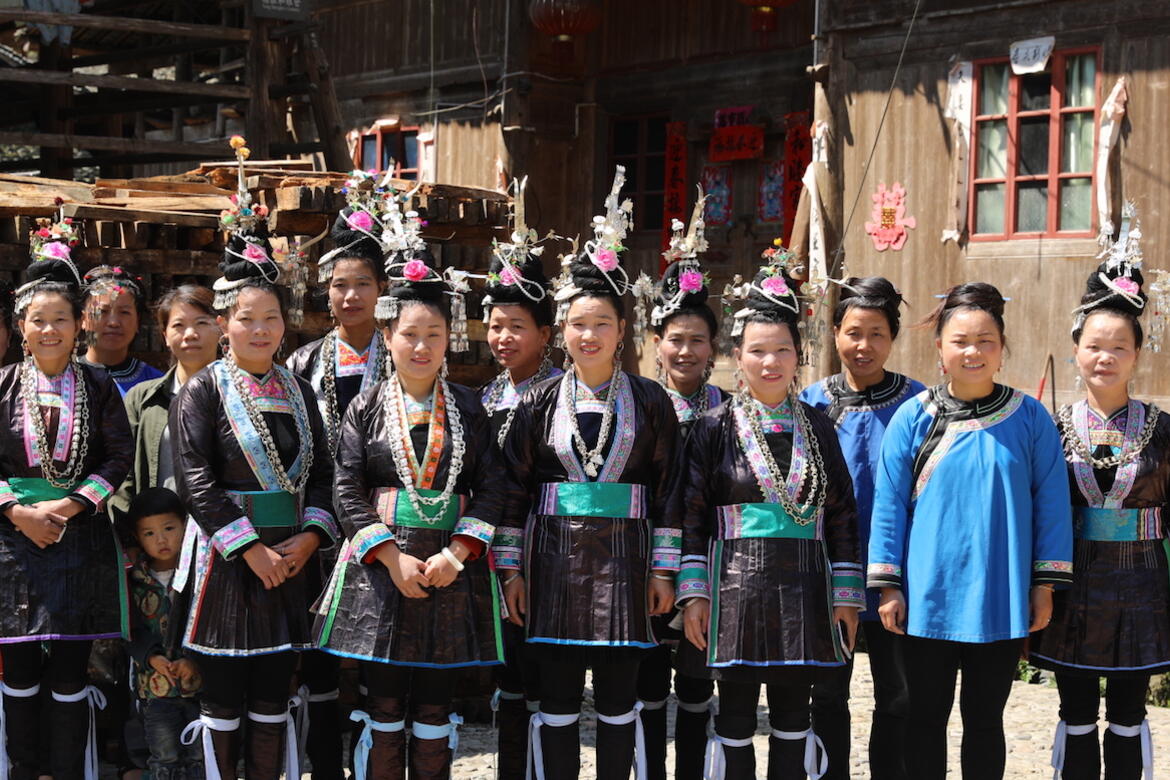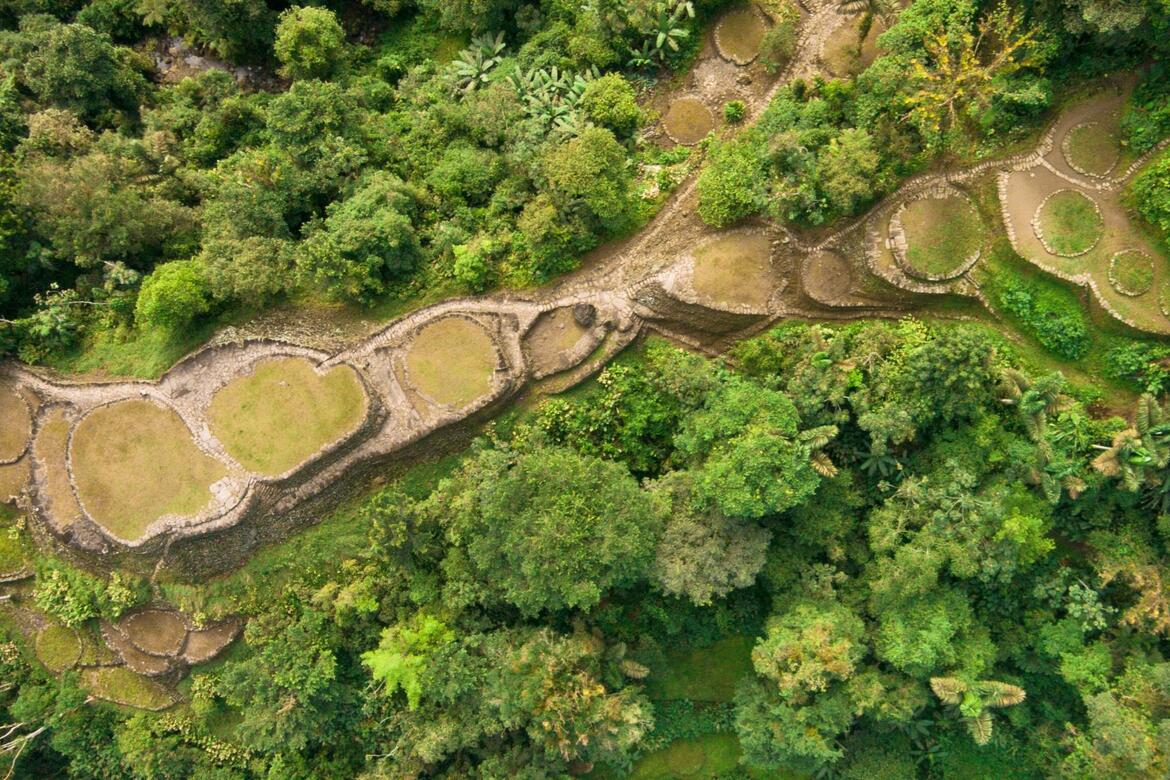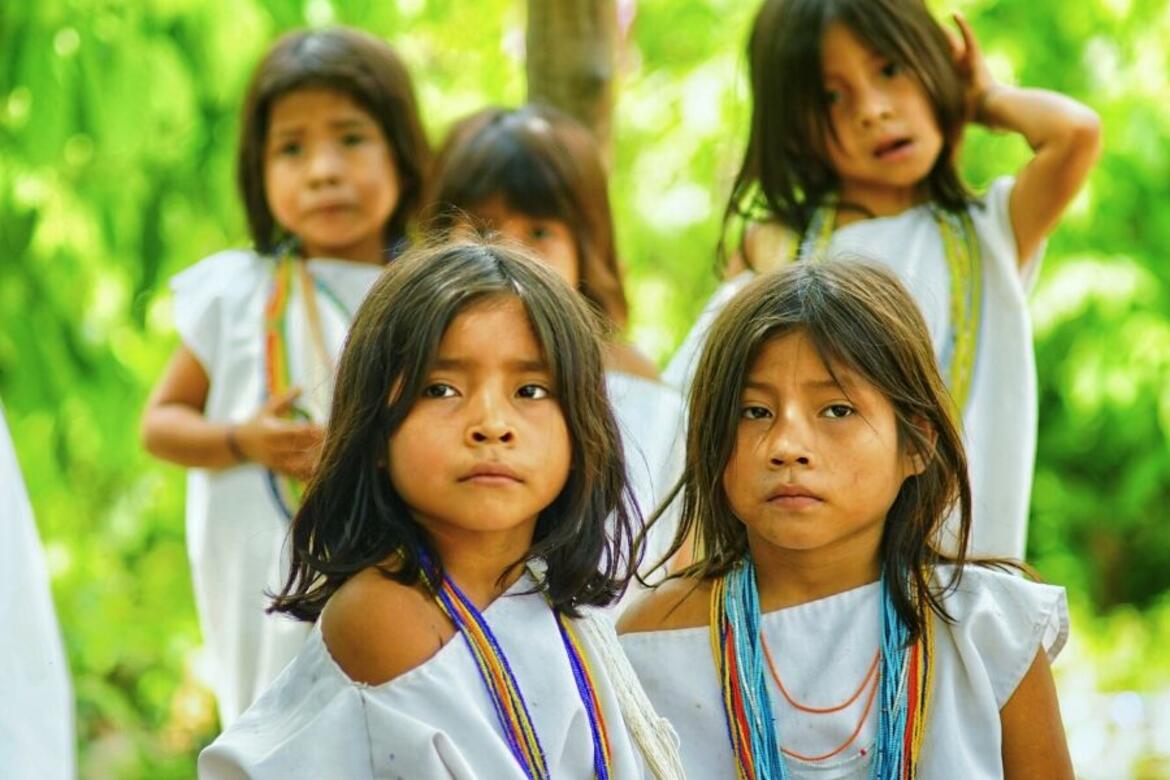“A Model for How Culture Can Drive Development”: WMF’s Strategic Affiliation with GHF

Since its founding in 2002, Global Heritage Fund (GHF) invested in the preservation of tangible and intangible heritage to support the well-being of communities, using culture to address pressing global issues, including economic disparities, gender inequality, and environmental sustainability. With the announcement of the organization’s strategic affiliation with WMF in October, GHF now brings this valuable knowledge and experience to bear as several members of its staff join our team and its two active projects are integrated into our portfolio.
Dr. Kuanghan Li, who previously served as GHF’s Director of Global Programs before coming on as WMF’s Regional Representative for China, continues to oversee the project at Dali Village in Guizhou Province, where she is working to preserve not only the historic buildings of the ethnic Dong community but the rich weaving traditions as well. Together with local women, Li helped establish a textile co-operative, uniting job creation and heritage preservation. “At almost 100% financial sustainability, it’s a model for how culture can drive local economic development,” she says. “The additional resources and fresh perspective from WMF can help us achieve greater impact—and provide the stimulus for similar initiatives as well.” Li’s work at Dali will join a portfolio of WMF sites with a focus on inclusive economic development and sustainability such as Koutammakou in Benin and Togo, where a key aspect of plans to preserve the area’s unique earthen architecture tradition is the creation of greater financial independence for local women. These projects and Li’s expertise will serve as important reference points for WMF’s work going forward.
Dr. Santiago Giraldo also joins WMF as Regional Representative for Colombia after previously serving as GHF’s Project Leader for Latin America. As part of our team, he’ll be leading a new phase of work at Ciudad Perdida, a project he started with GHF and will now continue with WMF in collaboration with the Colombian Institute of Archaeology. “We’ve been working for over a decade to preserve the archaeological remains of a magnificent abandoned city while engaging the local Indigenous community in preservation work,” he says. “For sites like Ciudad Perdida where the local community is still recovering from the economic impact of pandemic-related closures, continued support thanks to this affiliation strengthens local conservation staff capacity.”
At a weeklong staff retreat in September, WMF’s staff had a chance to meet our new colleagues and share ideas and expertise across regions. “The discussion was electric,” says Ro King, Chair of GHF’s Board of Directors. “It was so exciting to see the dynamic exchange of ideas that putting our teams together in one room allowed.” With the combined expertise of WMF and GHF, we are in a better position than ever to continue furthering the mission of both organizations: safeguarding irreplaceable heritage from the complex threats it faces around the world.

